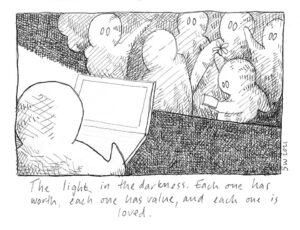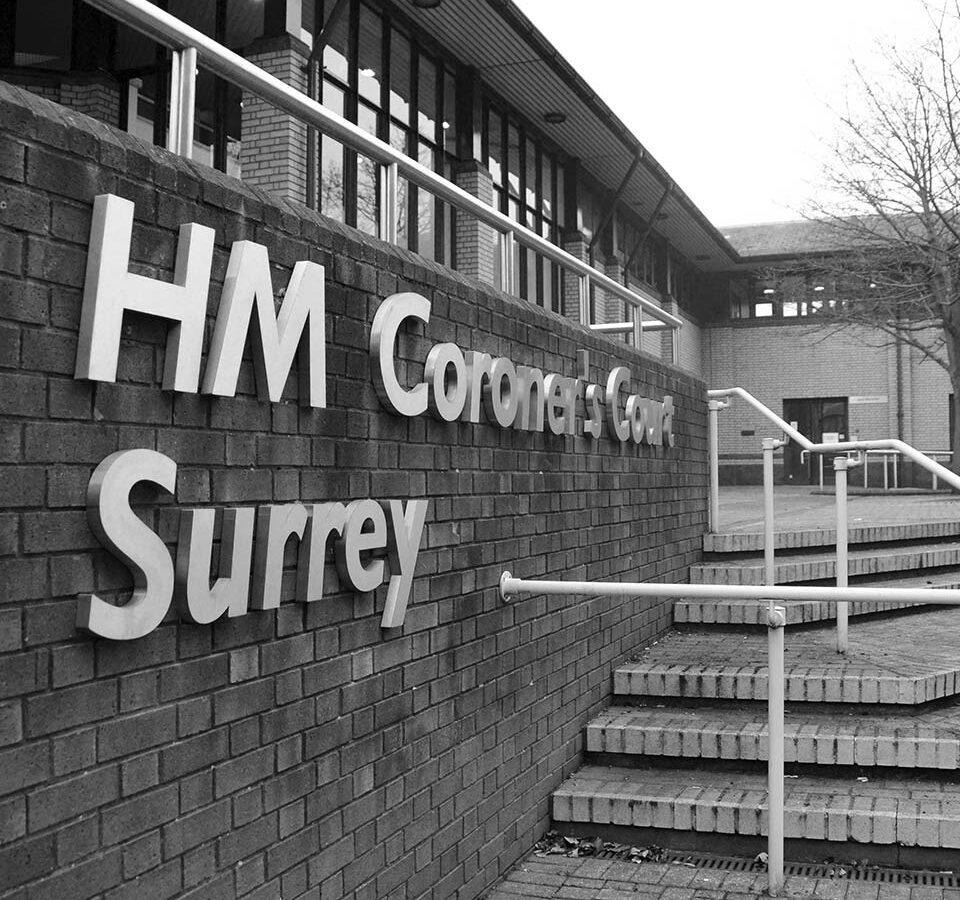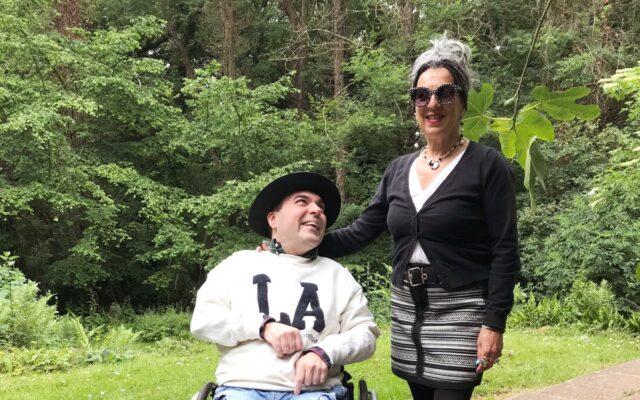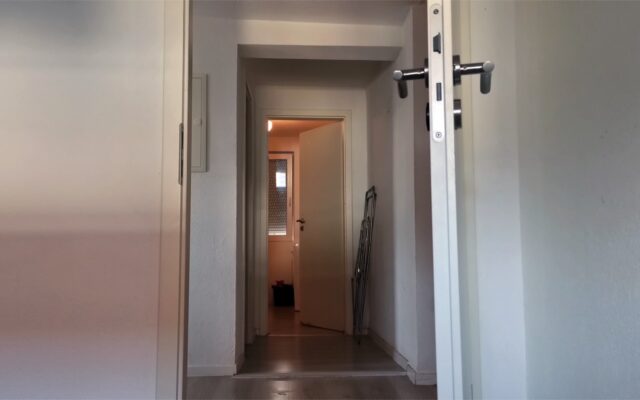Many of us will go through our lives without ever setting foot in a courtroom.

With the continued decline in court reporting, the press bench and public gallery of courtrooms are often empty. This means important decisions are made and conclusions drawn far from any public audience or scrutiny.
According to a recent report from the House of Commons Justice Committee: “The decline of print media has resulted in court proceedings being less visible to the public and digital media has so far failed to fill this gap.
“Many regional titles have shut down and those that remain are no longer able to employ dedicated court reporters, meaning it is harder for people to see how the justice system operates in their area.”
The key principle of open justice is that justice must not only be done but also be seen to be done, which means court proceedings should be conducted in public. This principle is underpinned by article 6 of the European Convention on Human Rights, which relates to the right to a fair trial.
We know and have known for far too long that learning disabled and autistic people are dying decades prematurely, often from preventable causes.
I report in the hope that it raises awareness and provides scrutiny into why so many people are dying from often preventable causes such as drowning, constipation, unwitnessed seizures, malnutrition and neglect.
Most of my reporting is from coroners’ courts. I occasionally report from other courts, such as the court of protection, the high court or magistrates’ courts when the cases concern learning disabled and autistic people, usually trying to secure their human rights.
The first inquest I reported was that of 18-year-old Connor Sparrowhawk in October 2015. The inquest found that his death – he drowned in the bath as a result of an epileptic seizure – was contributed to by neglect. I think the idea of me covering the inquest came from Caoilfhionn Gallagher KC, the family’s barrister.
The most frustrating aspect is how variable coroners and their courts are – it is a total lottery.
After Connor’s inquest, other families and legal professionals started contacting me. They were seeking to raise awareness about other premature deaths or situations where learning disabled and autistic people were having to use the courts to try and secure their human rights.
Since Connor’s inquest, I have reported from more than 20 inquests, a similar number of pre-inquest review hearings and about 10 other court hearings.
All of my reporting is crowdfunded. I have about 50 people who support me monthly, and also receive one-off donations. I used to crowdfund just to cover my travel costs, but now I’m able to pay myself a small amount to cover my time. I periodically report on how much money I have raised and how it has been used.
As a journalist, I do not require permission to report from court, but I have a rule for myself that I do not live tweet unless I’ve heard from a family member or their legal representatives that they wish this to happen. If I have not managed to make contact with a family then I will still report but usually do so in a blog post or video blog, which contains much less detail than live tweets.
Behind the scenes, I spend hours on the phone to bereaved families, many of whom may never secure an inquest. I listen and offer support, with the first response always being to secure legal representation.
Before an inquest, I compile a blog post or Twitter thread that introduces the person, who they were, the role they held in their family or social circle and the things they liked and disliked. It’s important to me that the very essence of someone is not lost in the detail of reporting their death.
Since I started reporting, it seems harder to secure an article 2 inquest (into cases where someone has died while being in the care or custody of the state) and harder for bereaved families to secure Legal Aid funding.
Yet, somehow, despite the financial pressures on health and social care services, providers always find the money to secure external legal representation and, occasionally, the services of PR firms too.
This inequity in the justice landscape has coincided with a decline in court reporting – external scrutiny and reporting are needed now more than ever before.
What drives me is the injustice of it all. I question my own role often and whether it is changing anything or just adding to the noise. But I always come back to the fact that more needs to be done, and more people need to know about how and why people’s lives are cut short.
Without a doubt, the most frustrating aspect is how variable coroners and their courts are – it is a total lottery. This is closely followed by the inequity of the system.
I find it incredibly difficult to witness bereaved families representing themselves or resorting to fundraising to pay for legal representation, often while faced with multiple interested persons with legal teams paid for by the public purse.
Reporting devastating cases and working with bereaved families, it is important to find equilibrium. So I try to ensure my other paid work is in a related space – looking for solutions – and try to focus on improving people’s lives.
I am lucky that I have a network of like-minded souls around me, including self-advocates, researchers, family members and legal professionals.
It is a privilege to do this work, and to pay witness to people’s lives and deaths.
‘Expectations are low: relatives report being happy with care the CQC rates as inadequate’
Since July 2022, I have regularly reported on care for learning disabled and autistic people found to be inadequate by the Care Quality Commission (CQC).
I have shared my reports as well as any action taken by the regulator on my blog and social media.
Last summer, I had an inquest adjourned at the last minute. As I had set aside time to work on this case, I decided to spend it examining the detail of the most recent CQC reports.
Once I started looking, I couldn’t stop. I was horrified that so many providers, including large national charities, were providing care the CQC considered inadequate.
These reports, rarely read by more than a handful of people, described numerous horrors and depicted lives lacking ambition or care – almost living deaths. I decided to try to raise awareness of what the CQC had found.
I found lots that shocked me. I’ll focus on two issues.
First is how little care deemed outstanding is provided to this group of people (less than 1% of all services inspected in 2021 and 2022), yet how astute the CQC inspectors appear to be. It seems that they are focusing on the detail of people’s lives, which is positive.
Second is how low expectations are. So many times, relatives report being happy with provision that CQC rates as inadequate.
I hope my reporting in this area is providing a focus on some of the detail often buried deep in a regulator’s website, rarely reaching the wider world.





